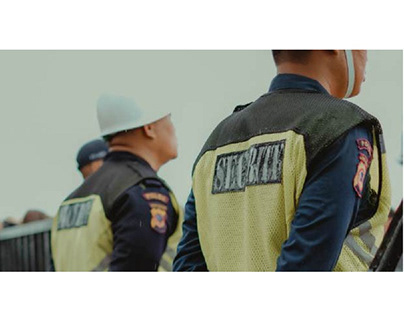In today's world, the safety of congregations is a paramount concern for churches everywhere. This has led to the formation and enhancement of church security team. However, establishing trust and fostering community engagement with these teams is equally crucial. A secure environment should not feel like a fortress; it needs to be a place of peace, trust, and inclusivity. How, then, can churches achieve this delicate balance? This article explores actionable strategies to enhance community engagement and trust between congregations and their security personnel, ensuring a safe yet welcoming atmosphere for worship.
Understanding the Role of Security in Worship Spaces
The main job of a church security team is to keep everyone safe and calm during worship. They're like silent protectors, making sure everything runs smoothly. But they're not there to scare anyone; they're there to make people feel safe. One way churches can do this is by having meetings where security folks talk about what they do, how they do it, and why it's important. This helps people understand that security is nothing to be afraid of. Having conversations and answering questions can make everyone feel more connected and comfortable with each other. And when people feel safe and connected, they can focus more on worship and community.
Training and Professionalism: Keys to Trust
Investing in church security training courses for security teams is pivotal. Such courses not only equip them with the necessary skills to handle various scenarios professionally but also teach them how to interact positively with the community. When the congregation sees a well-trained, professional team in action, it naturally fosters a sense of trust and security. Furthermore, highlighting the team's continuous training efforts in newsletters or bulletins can reassure the community about their competence and dedication.
Building Bridges Through Community Engagement
The security team can do more than just keep the church safe. They can also join in on community events, like workshops or first aid training, where they're not focusing on security stuff. This gives people a chance to get to know them as regular folks, not just protectors. When they're part of these events, it helps everyone feel closer and trust each other more. It's like saying, "We're all in this together." So, by being involved in community activities, the security team becomes even more a part of the church family.
Transparent Communication and Feedback Mechanisms
Transparency in security operations builds trust. By communicating the measures in place and the rationale behind certain protocols, churches can alleviate any concerns or fears. Implementing a feedback mechanism of defensive carry where community members can express their safety concerns or suggestions for improvement can also enhance trust. This two-way communication ensures that the congregation feels heard and valued, reinforcing their faith in the security measures.
Conclusion
In conclusion, it's really important for churches to build trust and connect with their security teams to make sure everyone feels safe and welcome during worship. By teaching people about the role of security and making sure the security folks are trained well, churches can help everyone feel more secure. Also, when security teams join in on community events and talk openly with people, it helps everyone feel closer and trust each other more. Churches can keep this trust strong by investing in Bearco Training and keeping communication open.





Comments